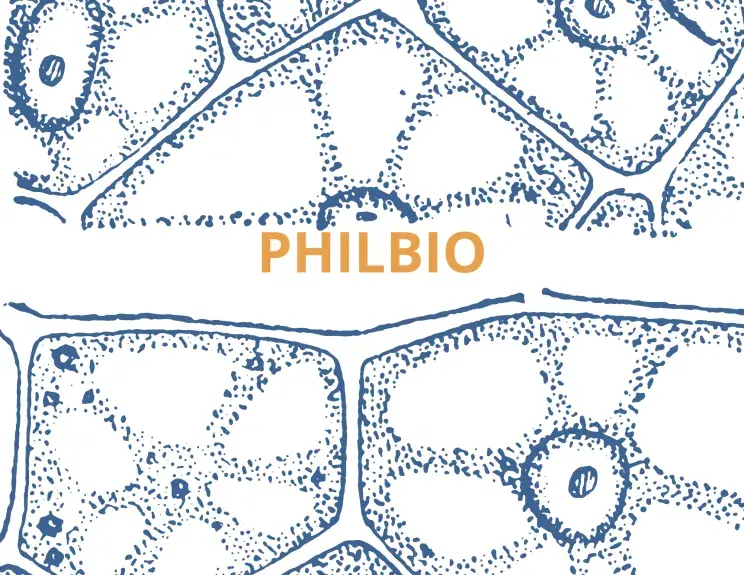
Séminaire Philbio
Nous aurons le plaisir de recevoir : Ana Soto (Tufts Univ. School of Medecine) dont le sujet sera : “Carcinogenesis explained within the context of a theory of organisms”
Résumé :
For a century, the somatic mutation theory (SMT) has been the prevalent theory to explain carcinogenesis. According to the SMT, cancer is a cellular problem, and thus, the level of organization where it should be studied is the cellular level. Additionally, the SMT proposes that cancer is a problem of the control of cell proliferation and assumes that proliferative quiescence is the default state of cells in metazoa. In 1999, in partnership with Carlos Sonnenschein we proposed a competing theory, the tissue organization field theory (TOFT). In contraposition to the SMT, the TOFT posits that cancer is a tissue-based disease whereby carcinogens (directly) and mutations in the germline (indirectly) alter the normal interactions between the diverse components of an organ, such as the mesenchyme/stroma and its adjacent epithelium.
Motivated by the lack of a proper theory of organisms, the goal of my tenure as a Blaise Pascal chair at the ENS was to identify principles for a theory of organisms, a collaborative project involving Giuseppe Longo, Maël Montévil, Matteo Mossio, Paul-Antoine Miquel, Arnaud Pocheville, Nicole Perret and Carlos Sonnenschein. The fundamental principles of this theory are: 1) the default state, a principle of biological inertia, whereby cells are agents that proliferate constitutively generating variation and movement; 2) variation, the principle which addresses historicity, contextuality and the generation of novelty and 3) organization, the principle which addresses the interdependence between parts, by closure of constraints. Within this theoretical framework, constraints are specific theoretical entities defined by their relative stability with respect to the processes they constrain. Constraints are mutually dependent in an organized system and act on the default state. Closure provides an understanding of the relative stability of constraints and more generally of biological organizations.
The TOFT explicitly acknowledges that the default state of all cells is proliferation with variation and motility. Considering the principle of organization, carcinogenesis can be explained as a relational problem whereby the release of constraints created by cell interactions and physical forces generated by cellular agency lead cells within a tissue to regain their default state. Here, we describe how the principles for a theory of organisms apply to the TOFT and thus to the study of carcinogenesis.